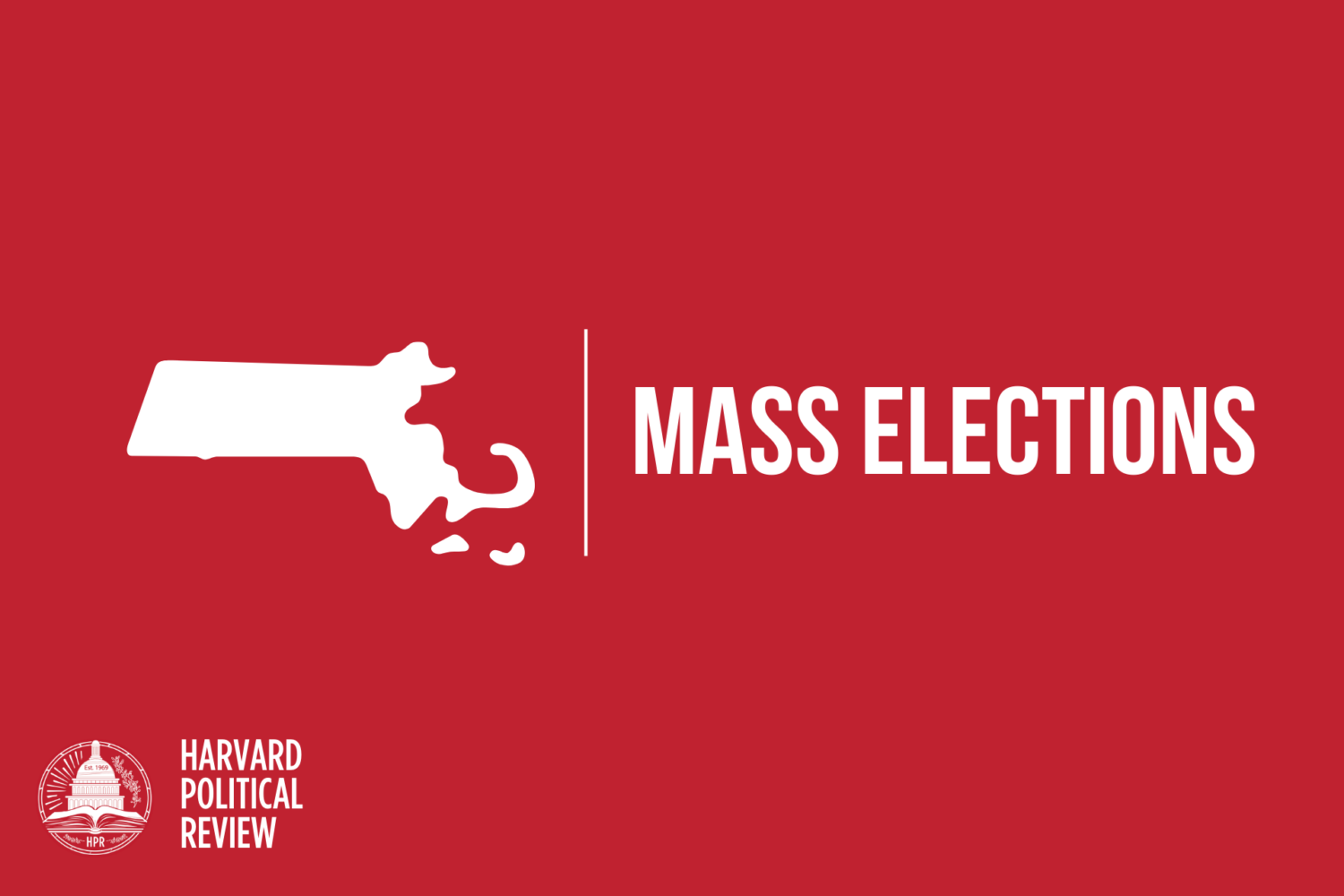This article is a part of the HPR Massachusetts Election Guide and represents the independent perspective of the author.
“Tax the rich.” The phrase has become so popularized nowadays that Alexandria Ocasio-Cortez wore it as a ferocious red statement against her pristine white dress at the Met Gala. Especially with progressive leaders such as Elizabeth Warren and Bernie Sanders promoting the idea of a wealth tax on the presidential campaign trail in 2020, the idea of the government taking away money from the very rich has once again returned to the political realm. In the state of Massachusetts, the exact question is on the statewide election ballot initiative due November 8th. The Fair Share Amendment, otherwise known as the Millionaires’ Tax, would establish an additional 4% state income tax on annual taxable income in excess of $1 million. A graduated income tax on the very wealthy, such as this amendment, deserves merit only if the state properly outlines the policy steps that it is going to implement following the potentially adverse effects on the economy.
The effect of the amendment on the Massachusetts economy would surely be significant and unprecedented compared to the current taxation structure. Currently, Massachusetts residents have to pay a flat 5% of income tax to the state. While the federal income tax is graduated, meaning that tax increases for every increment of income, people of all socioeconomic statuses pay the exact same percentage of their income to the Massachusetts government. With the new amendment, incomes below $1 million would still be taxed at the flat 5%. Every dollar earned above $1 million, however, would be taxed at 9%. Hence, if the amendment passes, the personal income tax rate above $1 million would be taxed at a rate more similar to the existing corporate income tax rate of 8%. For high-income earners, this portion of their income would be taxed almost double what it would have been before.
While the ballot initiative contains very high stakes, many critics also misplace their misgivings on the potential of capital flight. Would rich people simply move to another state because of an increase in tax? Fears of states losing out on investment opportunities and failing to compete in terms of innovation and growth lead to backlash against a wealth tax, so much so that Elizabeth Warren proposed an “exit tax” to disincentivize millionaire migration. Yet the phenomenon would take place only when the benefits of moving outweigh the cost of the additional tax, and studies have shown that the benefits are not as valuable as some may believe. According to the elite embeddedness hypothesis, many millionaires are too enmeshed in the economic and social networks of their current states to flee new taxation policies. For them, the costs of leaving are actually higher because corporate executives, for instance, would lose the networks that have helped them build up their businesses.
On the other hand, there exists legitimate concern that the implementation of a graduated income tax would decrease overall economic productivity across Massachusetts. The threshold of $1 million would compel people to deliberately reduce their taxable income so that it doesn’t exceed $1 million. In fact, research shows that the elasticity of taxable income has been found to hover from 2.5 to 3.2. An elasticity greater than 1 suggests that marginal response is significant, and a number as high as 3.2 indicates that the amount of income responds extensively to taxation policy, as empirically proven in California. While income inequality decreases because taxation redistributes income from the rich to the poor, the total value produced by the state decreases overall. Applying a study conducted by Christina Romer and David Romer of UC Berkeley to the Massachusetts surtax, the Tax Foundation concludes that the policy is expected to raise the state’s gross state product by 0.134% at the cost of a 0.942% decline after 3 years, leading to a total contraction of the Massachusetts economy by $5.98 billion.
Voters should be in favor of an attempt to address inequality in Massachusetts if supporters of the Fair Share Amendment could outline specific solutions toward reducing such economic inefficiency. For instance, the California government introduced deductibles to federal income tax when the graduated income tax was imposed back in 2012. While millionaires had to pay additional taxes to the state, California allowed them to pay less to the federal government so that the overall tax rate decreased from 3% to 1.8%. Massachusetts could also consider adjusting forms of taxes other than the income tax. With the increase of income tax, the state could lower sales tax or corporate tax rates, which are currently fixed, to counteract the adverse effects of the intended tax hike. Incentives like these balance out the millionaires’ tax and thus deter companies from intentionally earning and contributing less money to the economy. As a result, they would help lessen the shock to the overall state economy.
While the ballot initiative currently involves a change in the Massachusetts Constitution, the legislature maintains a high degree of autonomy in terms of enacting the millionaires’ tax, introducing strong potential but also relative uncertainty to the ballot measure. Ultimately, the balance between equality and efficiency becomes arbitrary depending on the personal political philosophy of the politician, and the voter.
“Tax the rich.” As we have seen, this phrase is not as simple as a few strokes on a dress. Taxing the rich produces ripple effects on the entire economy that require the government’s active intervention. If concrete policies cannot be developed, a considerable step such as an amendment to the state constitution may need to wait until the next election cycle comes around.



